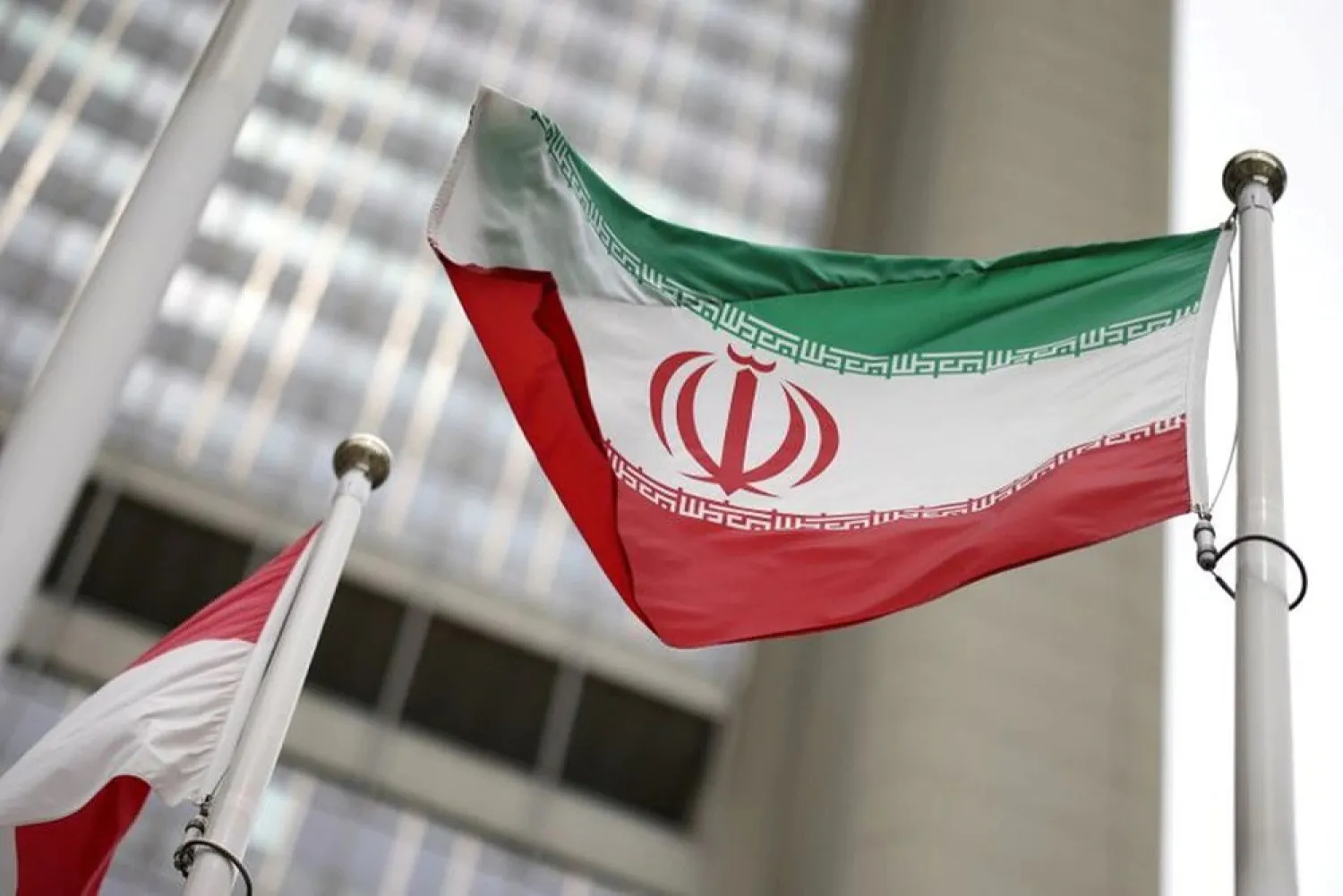Iran said on Wednesday the United States had agreed to remove all sanctions on Iran’s oil and shipping, although Germany cautioned that major issues remained at talks between Tehran and world powers to revive a 2015 nuclear deal.
The Iranian remarks, by outgoing President Hassan Rouhani’s chief of staff Mahmoud Vaezi, echoed previous assertions by officials in Rouhani’s pragmatist camp that Washington is prepared to make major concessions at the talks, which have been under way since April in Vienna.
The talks adjourned on Sunday for consultations in capitals, two days after Iran held a presidential election won by hardliner Ebrahim Raisi, the Iranian judiciary chief who is on a US blacklist. Raisi is due to replace Rouhani in August.
“An agreement has been reached to remove all insurance, oil and shipping sanctions that were imposed by (former US President Donald) Trump,” Vaezi was quoted as saying by Iranian state media.
Like other Western and Iranian negotiators who have said the talks remain a long way from conclusion, German Foreign Minister Heiko Maas said on Wednesday that Tehran and the powers still had to overcome significant hurdles.
“We are making progress but there are still some nuts to crack,” Maas told a joint news conference with US Secretary of State Antony Blinken. Maas said a deal was possible even after the election of Raisi, an implacable critic of the West.
‘Difficult decisions’
French Junior Foreign Minister Franck Riester told lawmakers that time was running out to reach a deal and he opened the door to the idea that a deal might not be reached quickly.
“Difficult decisions will need to be made in the coming days or weeks if these negotiations were not to move forward.”
US National Security Adviser Jake Sullivan said on Sunday there was still “a fair distance to travel”, including on sanctions and on the nuclear commitments that Iran has to make to salvage the tattered deal.
Iran agreed in 2015 to curbs on its uranium enrichment program, a possible pathway to nuclear weapons, in return for the lifting of international sanctions. Trump abandoned the deal three years later, calling it flawed to Iran’s advantage, and reimposed harsh sanctions that hammered Iran’s economy.
Tehran responded by violating some enrichment limits, while continuing to insist that it has no nuclear arms ambitions.
Iranian and Western officials alike say Raisi’s ascendancy is unlikely to alter Tehran’s negotiating position, as clerical Supreme Leader Ali Khamenei already has the final say on all major policy.
Vaezi said the United States had agreed to take some senior Iranian figures off a blacklist.
“About 1,040 Trump-era sanctions will be lifted under the agreement. It was also agreed to lift some sanctions on individuals and members of the supreme leader’s inner circle.”
US President Joe Biden’s administration aims to restore the deal, but the sides disagree on which steps need to be taken and when to defuse mutual suspicions and ensure full compliance.
But some Iranian officials have suggested Tehran may prefer an agreement before Raisi takes office to give the new president a clean slate and avoid blame if problems subsequently arise.
Vaezi also said that Iran’s Supreme National Security Council would decide whether to extend its nuclear site monitoring deal with the International Atomic Energy Agency after its expiry on June 24.
Iran and the IAEA reached a three-month accord in February to cushion the blow of Tehran’s decision - another response to the US withdrawal from the nuclear agreement - to scale back its cooperation with the UN watchdog by ending extra monitoring measures introduced by the 2015 deal.
Under the February accord, which on May 24 was extended by a month, data continues to be collected in a black box-type arrangement with the IAEA able to access it only at a later date.









